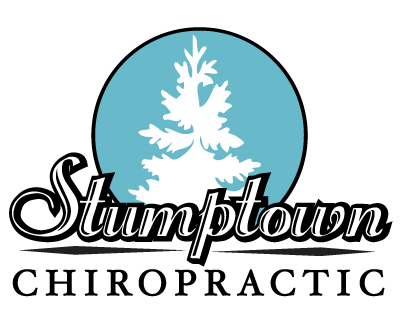The 30 days are over! Find out what I learned below!
I’ve never actually done the Whole 30 program before. I had done other 21 day “cleanses” (Standard Process 21 Day Cleanse and the Lurong Challenge), but after doing the Whole 30, I realized none of those programs actually 100% eliminated added sugars. Sugar, or as the Whole 30 calls it, your Sugar Dragon, is one of my biggest problems. After reading labels again and being super diligent, I realized one of the reasons why I was addicted; it’s in EVERYTHING! Ketchup, bacon, bread, pasta sauce, sriracha, bbq sauce, almond milk, and more. No wonder I felt addicted to sugar. I was getting a dose of it with everything I ate and drank, causing me to want sugar throughout my entire day. I’m not saying I ate donuts for breakfast, my biggest issues was wanting something sweet after lunch and dinner, during stressful situations, when I felt lonely, when I wanted to feel good, etc. Sugar was my go to comfort and reward treat.
Another difference with the Whole 30 that gave me a light bulb moment was that you aren’t supposed to “recreate desserts”. No other program mentioned this, or I ignored it, but I would just make compliant desserts with gluten free flours and coconut sugar/maple syrup, because it was “compliant”. After reading the Whole 30 book, I realized that recreating compliant desserts wouldn’t actually break my dessert habit, and I’d eventually let those desserts back in after the program ended. Will I never have a dessert again? Fat chance! But, I will once again be more mindful about my choices.
More energy—less mid-afternoon crashes
Better sleep—waking more rested, and before my alarm
Tiger blood—”Days 16-27: Tiger Blood. Goodbye cravings, hello Tiger Blood! This must be what everyone is talking about. You’ve hit the downhill slope of your Whole30 and life is beautiful. Your energy is through the roof, you’ve kicked the cravings, you’re experimenting with new, delicious food, and you’ve finally got the time to notice that your clothes fit better, your workouts are stronger, and you are generally more awesome.”—YEP!
Clearer complexion-less redness and puffiness in my face
No bloating—clothes fitting better in my waist
Minimal cravings—still an issues with stressful times, but less strong than before and they typically only last 3-5 minutes, then the feeling has passed
Saved $—eating veggies and fruits and clean meats is much cheaper than buying boxed/processed foods. No daily lattes from the coffee shops also saved $
Reset unhealthy habits—Over the past 1.5 years, I slowly let EVERYTHING back into my diet (I was previously gluten and dairy free). I wanted to celebrate and indulge all the time and got really off track. My thyroid levels went haywire and hopefully at my next blood draw, things will have normalized. I feel like I’ve “tamed” my sugar dragon for now and am excited to keep eating clean again.










